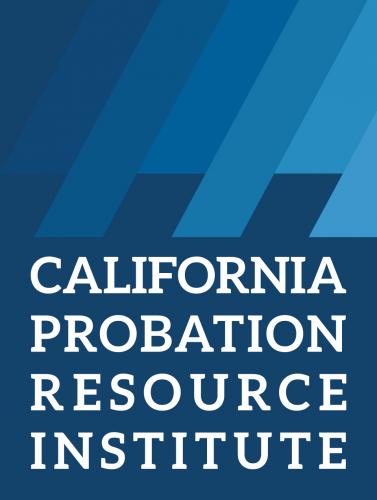Press Release: California’s First Probation Best Practices Research Institute Announced Today
California Probation Resource Institute Will Partner with Respected Academics and Experts to Examine Reforms, Probation Practices and Programs
Sacramento, CA, August 15, 2019 – Today, the new California Probation Resource Institute (CaPRI) launched as the first ever research institute dedicated to analyzing California probation practices, reforms and approaches. The Institute will fill the current lack of cumulative data and analysis about California probation’s approach as most reports focus on national data which does not always take into account the unique factors of California’s system. Over the past decade, California probation has focused on providing rehabilitative and evidence-based approaches leading the nation in many reforms.
A project of the Chief Probation Officers of California (CPOC), the California Probation Resource Institute is part of a long-term strategic plan to further the evolution of probation practices. The California Probation Resource Institute will provide evaluations of juvenile and adult probation by partnering with esteemed academic experts from top universities and work to build further strategic partnerships expanding the availability of related resource tools.
“We are launching and supporting the California Probation Resource Institute as a way to further learn the best approaches to prevention and rehabilitation through unbiased data and analyses. We will critically examine program implementation and practices throughout California probation departments to produce positive outcomes and make our communities safer,” said Chief Stephanie James, President of the Chief Probation Officers of California (CPOC). “The goal of probation is to provide the best possible outcomes for our clients and the communities we live in. The California Probation Resource Institute will give us the data and analysis needed to understand what programs work and guide us in making recommendations regarding positive changes for the future.”
“CaPRI provides a significant opportunity for probation as we have been previously limited on how best to match our priority to seek out rigorous research and develop analysis across our field with the current resources available,” said Karen Pank, executive director for the Chief Probation Officers of California. “By establishing an institute dedicated to collaborating with experts to conduct research and evaluation, CPOC can maximize our expertise on implementation and training. Our goal is to continue the momentum in delivering evidence-based practices to best benefit every individual we work with and every community in our state.”
The first report will be led by respected expert Mia Bird who is a visiting assistant professor for the Goldman School of Public Policy at UC Berkeley and Ryken Grattet who is a Professor of Sociology at UC Davis. The report will focus on the impacts since the enactment of SB 678. Specifically, they will focus on describing the policy change and shift that has taken place in the approaches probation departments take in managing their populations and assessing how the characteristics and outcomes of those populations have changed under SB 678. The initial report is anticipated to be complete by early 2020.
“The California Probation Resource Institute is a needed resource to provide critical statewide research, data and analysis on California probation program practices,” said Mia Bird, lecturer for the Golden School of Public Policy at UC Berkeley. “There has been a significant shift since SB 678 became law in 2009 with a priority focus on rehabilitation and treatment. Our team is looking forward to researching and assessing this shift and its outcomes with the first report commissioned by the CaPRI.”
CaPRI will also look to collaborate on a second report focused on the review of the evolution of juvenile justice in California over the last 25 years and how probation practices have changed over time. In addition, the report will include how state law pertaining to juveniles has changed and how these changes have affected probation’s responsibilities and obligations to serve youth in the areas of prevention, intervention, detention and supervision in the juvenile justice system. This report is anticipated to be complete by early 2020.
For more information about the California Probation Resource Institute, please go to www.CaPRInstitute.org.
Media Contact: Laura Dixon at laura@cpoc.org or 510-384-3020.


